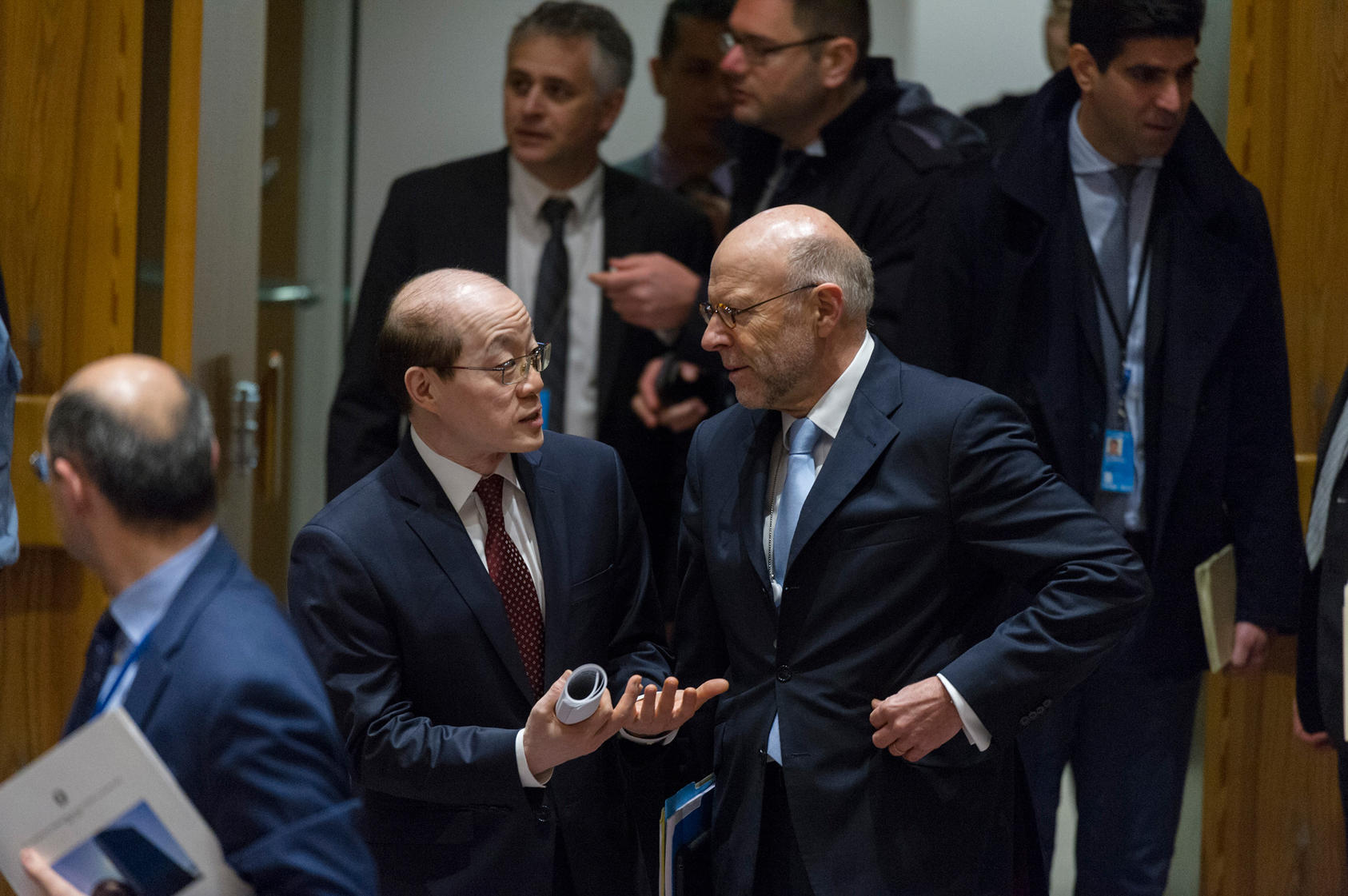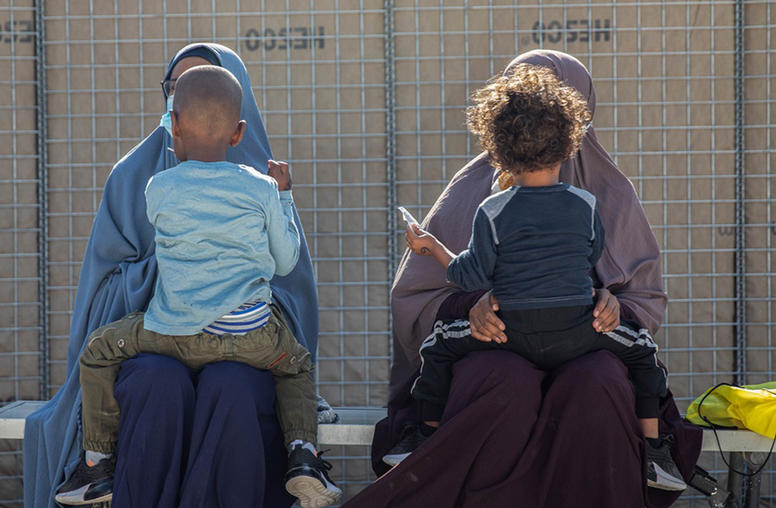Yesterday’s air strikes drove a bigger wedge between the American and Chinese positions on Syria. Although China has eschewed military engagement and lacks political leverage over major players in Syria’s conflict, Beijing could do more to provide humanitarian aid. Playing a proactive role now would not only help the Syrian people, but would also help Beijing expand its global leadership on conflict management and alleviate concerns about its intentions.

When then-President Barack Obama considered military action with his “red line” after a 2013 chemical attack by Bashar al-Assad’s forces, China cautioned against a direct strike. Unlike its view of Russia’s military intervention in Syria, which came at Assad’s request, Beijing sees a U.S. strike as a violation of Syria’s sovereignty.
Yet the horrific chemical attack earlier this week by forces backing Assad highlighted the immediate need for more concerted action—not just military strikes, but also increased diplomatic efforts and greater humanitarian assistance.
Diplomatically, China has played a supporting role in the peace process, endorsing mediation efforts by United Nations envoys, participating in the Geneva negotiations, and hosting both Syrian government representatives and opposition groups in Beijing. China also is not insisting that Assad stay in power, and probably would accept any negotiated agreement between him and opposition groups backed by the international community.
In the aftermath of the U.S. strikes, China reiterated its calls for a political settlement, and expressed hope that “relevant parties stay calm, exercise restraint and avoid doing anything that might raise tensions.”
Yet Beijing’s influence remains limited, as China is not militarily involved and lacks leverage over any of those involved. Additionally, China’s six vetoes on U.N. resolutions on Syria—including blocking a February proposal to sanction the Assad regime for its use of chemical weapons—have tarnished its image in the region and fed the perception that Beijing is protecting Assad. Chinese leaders are unlikely to change their stance at the U.N. Security Council now.
China does have financial resources it can bring to bear. In September 2016, China pledged $100 million in humanitarian assistance to Syrian refugees and said a portion of the $1 billion China-U.N. Peace and Development Fund could go towards helping frontline countries like Lebanon, Jordan and Turkey tackle the refugee crisis.
Beyond humanitarian aid, China also could provide economic assistance to stabilize areas as ISIS militants are expelled, but it would need to do so carefully. Giving aid directly to the Syrian government, as it did last month, rather than to the U.N. and other aid groups, only raises concern that the assistance will never reach the people who need it most. Further, some observers worry that China is more interested in cashing in on post-conflict infrastructure projects rather than addressing the current humanitarian crisis.
To maximize its positive impact, Beijing should invest more financial and diplomatic capital now to help refugees, assist in stabilization plans and deepen its commitment to the citizens of Syria.



